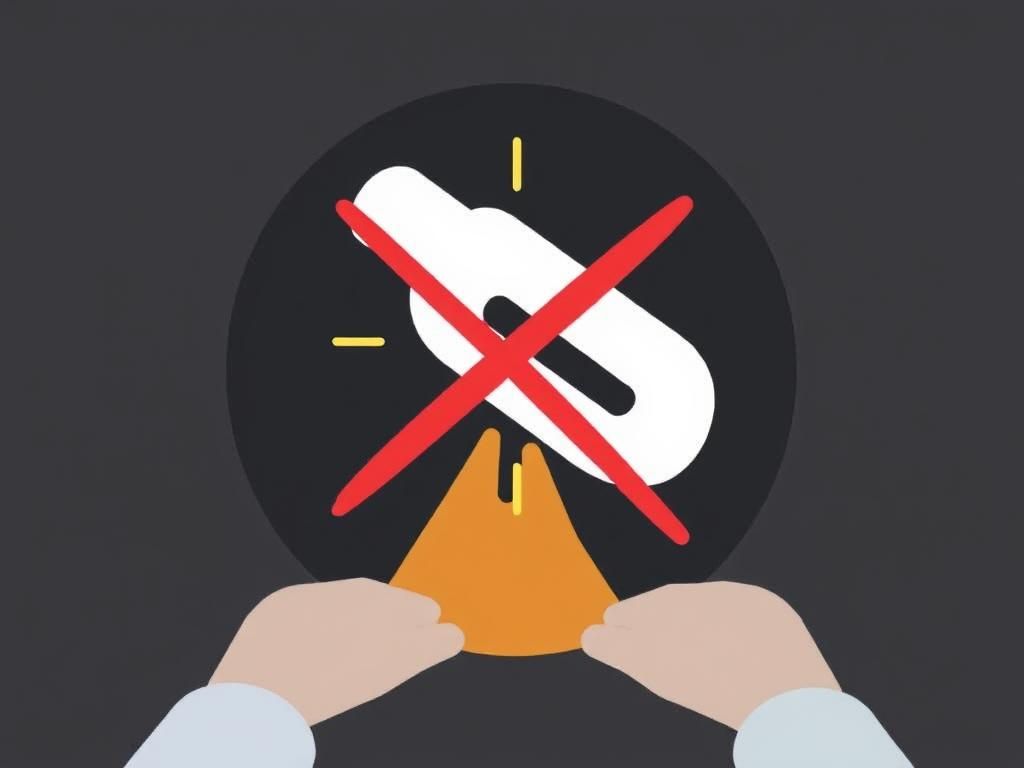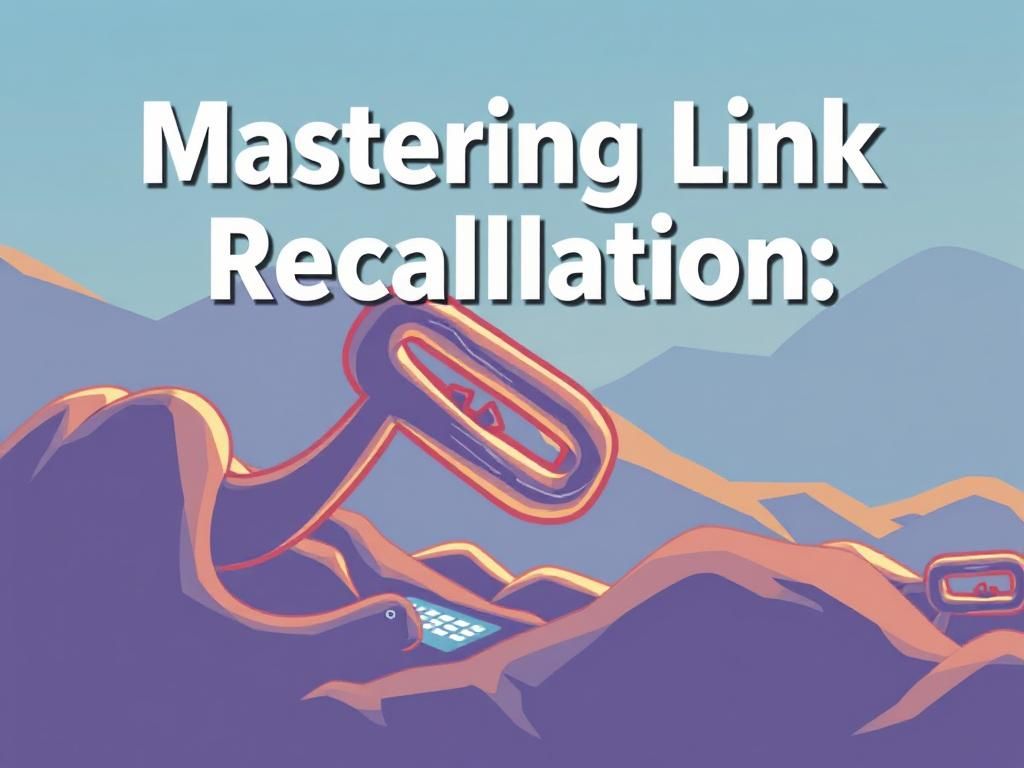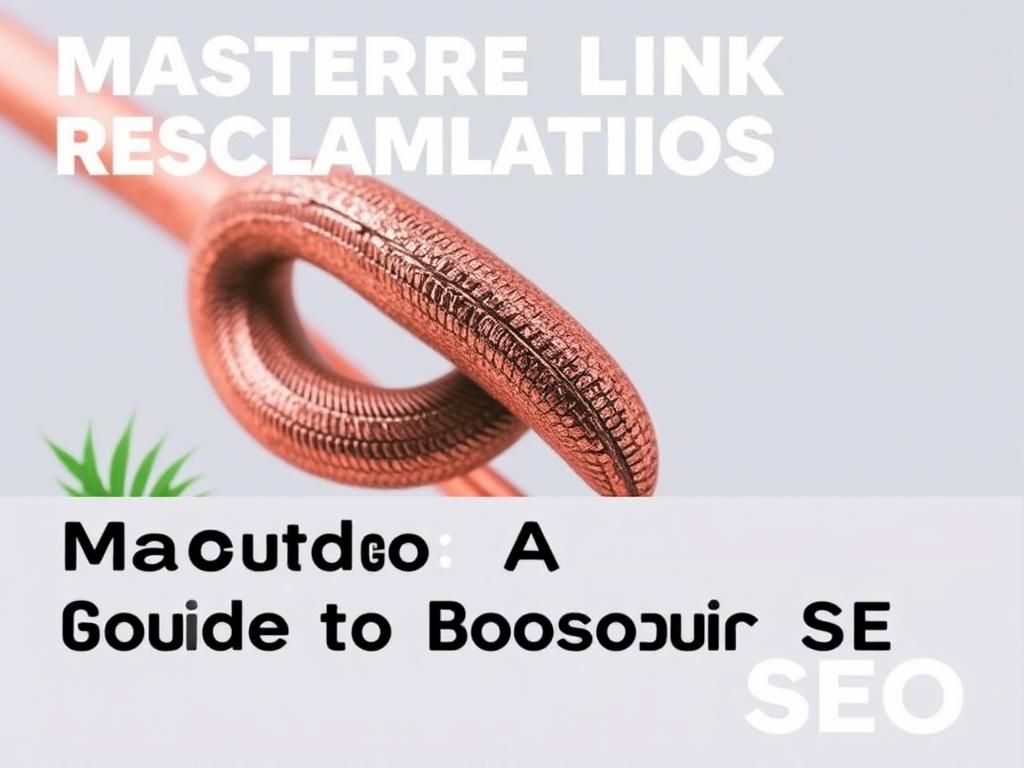Link reclamation, a vital strategy in the realm of Search Engine Optimization (SEO), refers to the process of recovering lost backlinks or acquiring mentions that aren’t properly linked back to your website. This practice has gained significant importance as businesses strive to enhance their online visibility and search rankings. By focusing on link reclamation, companies can not only restore their online authority but also achieve measurable growth in traffic and insights into their SEO performance.
Understanding the Value of Backlinks
What Are Backlinks?
Backlinks are hyperlinks from one website to another, representing a vote of confidence in the content’s credibility. They come in two primary types: inbound links (links from other sites leading to yours) and outbound links (links from your site leading to external content). Backlinks are crucial for SEO ranking because search engines, like Google, utilize these links to evaluate the trustworthiness and relevancy of a site. In this context, the quality of backlinks often outweighs the quantity; a few high-quality backlinks can significantly enhance your website’s authority compared to numerous low-quality links.
Why Focus on Link Reclamation?
Focusing on link reclamation allows you to achieve several benefits:
– Recovery of lost backlinks, ensuring you retain the link equity associated with them.
– Boosting your domain authority by increasing the total number of quality backlinks.
– Enhancing your content visibility and search rankings in the process.
– It is often more cost-effective than building new links from scratch.
The Link Reclamation Process
Identifying Lost or Unlinked Backlinks
The first step in link reclamation involves identifying backlinks that you have lost or that reference your brand without linking. Tools such as Ahrefs, Moz, and SEMrush can effectively analyze historical backlink data. You can encounter lost backlinks due to various reasons, including broken links (a web page no longer exists), site changes (like domain migration), or content updates that no longer match the original link.
Methods for Reclaiming Links
Reclaiming links can be done through several effective methods:
1. **Contacting Webmasters for Broken Links**
– Crafting a compelling outreach email is essential. Clearly state the broken link, provide a link to your relevant content, and ask them to update their site.
– Offering alternatives, such as updated content or related resources, increases your chances of a positive response.
2. **Replacing Unlinked Brand Mentions**
– Monitoring brand mentions using tools like Google Alerts can reveal where your brand is mentioned without a link.
– Use effective outreach strategies to encourage website owners to link back by clearly expressing the mutual benefit.
3. **Utilizing the Wayback Machine**
– The Wayback Machine can help you locate archived links pointing to your website, providing opportunities for reclaiming them.
4. **Exploring Competitors’ Backlinks**
– Analyze competitors’ backlink profiles to uncover opportunities for acquiring similar links.
Best Practices for Successful Link Reclamation

Building Relationships with Webmasters
Nurturing connections with webmasters can yield fruitful results in your link reclamation strategy. Polite and effective communication can make a significant difference, making it crucial to maintain a professional yet friendly approach when reaching out.
Creating High-Quality Content
The backbone of any successful link reclamation effort lies in valuable content. Your content should be informative, engaging, and worthy of being linked to. Types of content that attract backlinks include:
– Informative blog posts or articles
– Research reports or whitepapers
– Infographics showcasing interesting data
Keeping your content updated ensures that it remains relevant, further improving your chances of gaining links.
Monitoring Reclaimed Links
To maximize the success of your link reclamation efforts, you must track the status of reclaimed links using tools like Google Search Console and Ahrefs. Regularly monitoring links and setting up alerts for future lost links ensures proactive management of your backlink profile.
Measuring the Impact of Link Reclamation
Key Metrics to Track
To gauge the success of your link reclamation initiatives, consider tracking the following metrics:
– Changes in Domain Authority (DA) before and after reclamation.
– A comparison of organic traffic before and after your efforts.
– Improvements in keyword rankings that may stem from recovered backlinks.
Analyzing ROI
Conducting a comprehensive cost versus benefit analysis is crucial when evaluating the ROI of your link reclamation strategy. The long-term effects of successful link reclamation lead to enhanced SEO strategies and sustainable traffic growth.
Common Challenges in Link Reclamation
Technical Issues
Website migration can present technical challenges that complicate the link reclamation process. Maintaining proper redirects is vital to retaining any power associated with previously acquired backlinks.
Communication Barriers
One of the significant hurdles in reclaiming links stems from communication barriers, such as the lack of responses from webmasters or possible misinterpretations of your requests. Crafting clear, concise outreach messages can help mitigate these issues.
Staying Current with SEO Trends
The landscape of SEO is continually evolving. It’s essential to stay updated on algorithm changes that could affect your backlinks and to adapt your link reclamation strategies accordingly.

Conclusion
This comprehensive overview emphasizes the importance of link reclamation as a core strategy in effective SEO. Sustaining a proactive link management approach is crucial for maintaining your site’s authority and visibility in search engine results. Incorporating link reclamation into your ongoing SEO plan can yield not only improved rankings but also sustained growth in organic traffic.
Additional Resources
To help you further understand link reclamation and related SEO strategies, consider utilizing the following resources:
– Recommended tools for backlink analysis and reclamation include Ahrefs and SEMrush.
– For further reading on SEO strategies related to backlinks, check [Moz’s Beginner’s Guide to Link Building](https://moz.com/beginners-guide-to-link-building).
– Participate in online communities and forums focused on link building and reclamation discussions, such as Reddit’s SEO community.
| Key Metrics | Pre-Reclamation | Post-Reclamation | Change |
|---|---|---|---|
| Domain Authority | 30 | 40 | +10 |
| Organic Traffic | 500 visitors/month | 800 visitors/month | +300 |
| Keyword Rankings | 5 | 12 | +7 |
FAQs
1. What is link reclamation?
Link reclamation is the process of recovering lost backlinks or unlinked mentions of your brand.
2. Why are backlinks important for SEO?
Backlinks serve as a vote of confidence in your content and are critical for search engine rankings.
3. How can I identify lost backlinks?
Use SEO tools like Ahrefs or SEMrush to analyze your backlink profile and identify lost links.
4. What should I include in an outreach email for link reclamation?
Clearly state the broken link, provide your updated content, and suggest making the update beneficial for both parties.
5. What is the difference between quality and quantity of backlinks?
Quality refers to the authority and relevance of the referring site, while quantity refers to the number of backlinks regardless of their source’s credibility.
6. How do I track reclaimed links?
You can monitor reclaimed links through tools like Google Search Console and backlink analysis platforms.
7. Can link reclamation improve my website’s visibility?
Yes, reclaiming lost or unlinked backlinks can enhance your website’s authority, leading to improved visibility in search results.
8. What are common reasons for losing backlinks?
Common reasons include broken links, site changes, or content updates that remove originally linked content.
9. How does the Wayback Machine assist with link reclamation?
The Wayback Machine archives web pages, allowing you to find and reclaim links from previous versions of your site’s content.
10. How often should I monitor my backlinks?
Regular monitoring is essential; consider reviewing your links quarterly or biannually to ensure they remain effective.


